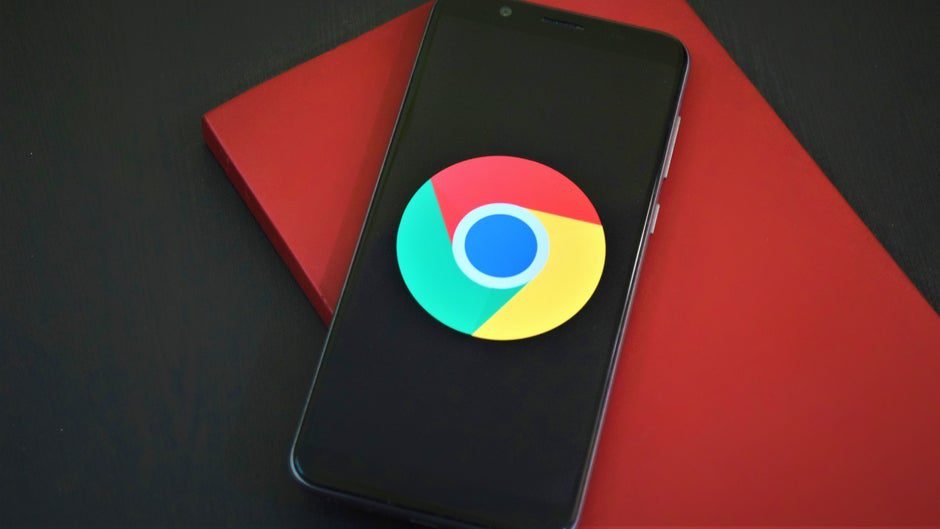Google will be banned from returning to the browser market after selling Chrome
The U.S. Department of Justice (DOJ) is stepping up pressure on Google to sell Chrome, one of the world’s most popular browsers. It’s part of a broader effort to break Google’s monopoly in the search market. The new plan is even tougher than expected.
The new plan is even tougher than expected.
The main measures proposed by the DOJ:
- Selling Chrome:
Google would be required to sell the Chrome browser, separating it from the company. - Five-year ban on browser creation:
Google is banned from releasing a new browser for 5 years. This is aimed at preventing the creation of «Chrome 2.0» or its equivalent, to give users time to adapt to the new Chrome owner. - A ban on deals with browser makers:
- Google won’t be able to pay third-party developers to install Google Search as the default search engine.
- This measure is aimed at reducing browsers’ dependence on the search monopoly.
- Android tie-in restriction:
Google may be forced to sever the link between Android and its own services, such as Google Search and the Play Store. - Transparency of data for advertisers:
- Google will have to inform advertisers how their data is being used.
- Advertisers should be given the option to opt out of having their data used to train AI models.

Why is this important?
DOJ is trying to curb Google’s monopoly in the search market, which the department says stifles competition.
- Criticism of Google: The company calls the measures «radical» and warns of threats to user privacy.
- More lenient approach: The DOJ had previously demanded the sale of Android, but that demand was deemed excessive.
.
Arguments «for» and «against»:
DOJ initiative support:
- Supporters believe separating Chrome and other services will help restore a competitive marketplace.
- It will limit Google’s outsized influence over the advertising business and protect user data.
Criticism of the plan:
- Some fear it will weaken the U.S. company and strengthen the position of international competitors such as Baidu or Yandex.
- Economists point to the difficulty of forcing the sale of assets that were created by the company itself.
What’s next?
The hearings will begin in April 2025 under the chairmanship of Justice Amit Mehta, known for his previous criticism of Google’s monopoly.
Hearings will begin in April 2025.
- Google is likely to try to soften the measures.
- The outcome of the case could set a precedent for regulating tech giants in the US.
Total:
If the DOJ gets its way, it will be a significant event in antitrust history. Chrome’s new owner and restrictions on Google’s business practices could dramatically change the balance of power in the tech industry.
A new owner of Chrome and restrictions on Google’s business practices could dramatically change the balance of power in the tech industry.








